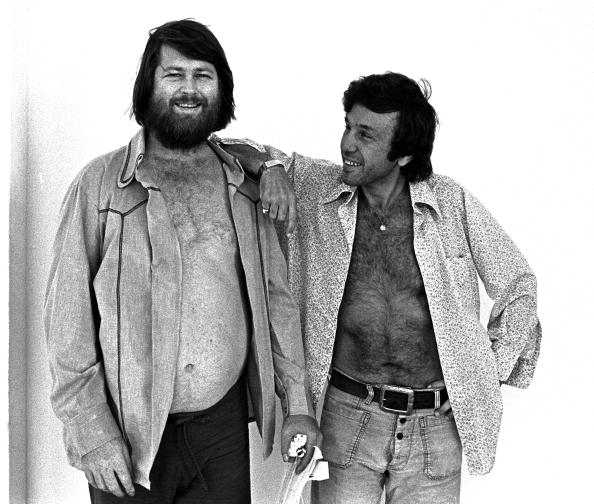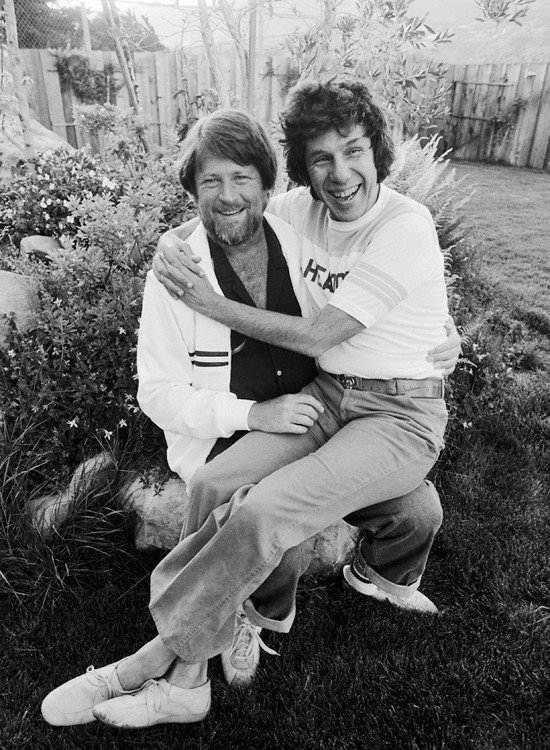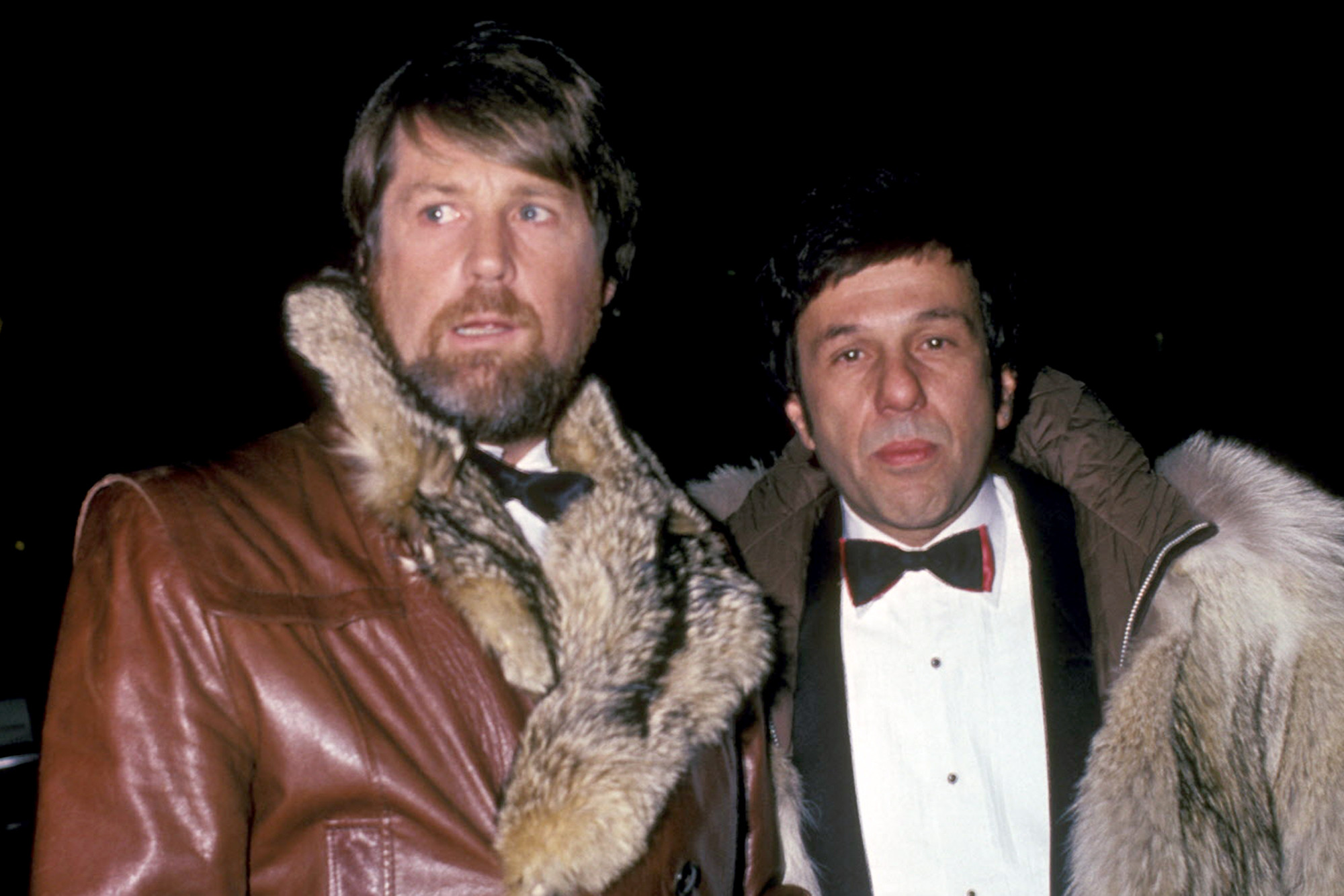Brian Wilson needed a lifeguard but Ahab showed up.
A ghost in a sandbox by the 1970s, the genius Beach Boys composer succumbed to a combination of bad brain chemistry and worse parenting, regressing to almost infantile behavior, completely broken despite his prodigious talents. Horribly overweight and highly addicted, he was likely dying.
Enter Eugene Landy, a show-biz aspirant who detoured into academia and, still craving fame, positioned himself as a psychologist to celebrities. He employed his odd, steeply priced “24-hour therapy” to smother the problems of the rich and famous. Wilson, whose relationships with family and bandmates were fractious at best, proved an easy mark.
The musician may have died without intervention, but the ensuing life with Landy was far from nice or normal. Pilled up and locked down, Wilson became an isolated one-man cult to the Svengali, practically his prisoner, suffering from Stockholm syndrome in sunny Los Angeles, only detached from the therapist’s side for good in 1992 by court order.
Wilson just released a new memoir, which made me think again about Landy’s strange methods. From a 1989 People article, when the controversial psychologist finally began to fall from the stars:
The accusations covered a lurid range of alleged professional improprieties, including drug use and sexual misconduct. In the end, all were set aside except one charging that Hollywood shrink Dr. Eugene Landy, who has numbered among his clients Alice Cooper, Rod Steiger and Weight Watchers’ founder Jean Nidetch, had improperly prescribed medication for Beach Boy Brian Wilson. Yet Landy’s guilty plea on that one charge was enough to convince the California Board of Medical Quality Assurance that action had to be taken. Two weeks ago the controversial psychologist surrendered his license for two years.
As part of a negotiated settlement, Landy, 54, who does not have a medical degree and therefore cannot legally write prescriptions, admitted he had dispensed drugs to Wilson. (Sol Samuels, an L.A. psychiatrist, actually wrote the prescriptions.) The withdrawal of his license theoretically prevents Landy from seeing patients in California. But if the intent was to liberate Wilson from Landy, the board action failed, since Wilson, 46, and Landy remain in close contact.
Landy’s lawyer, Mark Meador, said that Landy had agreed to surrender his license because a formal hearing would have meant “laying out Brian Wilson’s life for the media.” Undoubtedly it would have meant unwelcome publicity also for Landy, who became both famous and wealthy in the ’70s by pioneering a technique called 24-hour therapy, in which he and his assistants virtually lived with patients, monitoring their every move. When Landy began treating Wilson in 1975, the Beach Boys’ creative linchpin had suffered several nervous breakdowns. He was obese, a heavy user of psychedelic drugs and a virtual recluse in his Bel Air mansion, where he kept a piano in a giant sandbox. He had long since stopped performing in public. In part due to Landy’s therapy, which at one point included padlocking Wilson’s refrigerator, the blimpish songwriter lost more than 100 lbs. and embarked on a comeback.
In 1976, concerned that Landy was exercising a Svengali-like influence on Wilson, the songwriter’s fellow Beach Boys, including his cousin and their manager, Steve Love, were able to ease the psychologist out of the picture. But by 1983 he was once again directing Wilson’s life.•
“We are worried that Brian Wilson is going to follow Elvis.”



